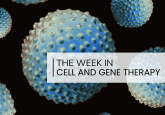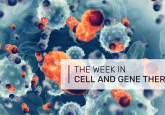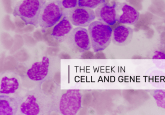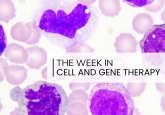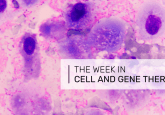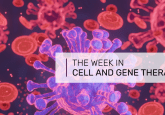Cell therapy weekly: AI-driven capsid engineering
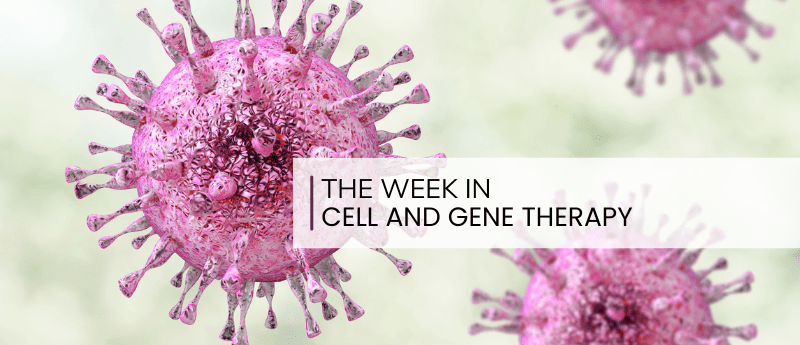
This week: Multiply Labs (CA, USA) and Stanford Medicine’s Laboratory for Cell and Gene Medicine (LCGM; CA, USA) collaborate to showcase robotic systems to automate cell therapy manufacturing, Dyno Therapeutics (MA, USA) will present breakthrough methods in artificial intelligence for AAV capsid design and Bristol Myers Squibb (NY, USA) and Cellares (CA, USA) announce a US$380 million worldwide capacity reservation and supply agreement for the manufacture of CAR-T cell therapies.
The news highlights:
- Cell therapy robotics collaboration
- AI-driven capsid engineering
- CAR-T therapy manufacturing agreement
Cell therapy robotics collaboration
Multiply Labs will combine its robotics technology with process development expertise from Stanford Medicine’s Laboratory for Cell and Gene Medicine to showcase the potential of automation technology for cell therapy manufacturing. Multiply Labs’ approach to cell therapy manufacturing utilizes robotic systems capable of operating GMP-proven instruments, consumables and reagents.
The partnership will conduct direct comparisons between current manual processes for cell therapy manufacturing with corresponding automated processes using Multiply Labs’ robotic system.
“This industry-first collaboration is the perfect way for cell therapy leaders to see what’s possible with this technology,” said Fred Parietti, co-founder and CEO of Multiply Labs. “By combining our next-generation robotic systems with Stanford Medicine LCGM’s unparalleled process development expertise, our goal is to enable cell therapy organizations to seamlessly automate their manufacturing processes, without substantially changing them. We are excited to collaborate with Dr Steven Feldman and the LCGM team to accelerate our mission – increasing adoption of automation among cell therapy organizations and enabling these critical therapies to reach more patients in need.”
AI-driven capsid engineering
Dyno Therapeutics, a company specializing in artificial intelligence-driven AAV capsid engineering for genetic medicine, has announced a scientific symposium and the presentation of three research abstracts at the 27th Annual Congress of the American Society of Gene and Cell Therapy (ASGCT; 7-11 May 2024; Baltimore, USA).
The scientific symposium, titled “AAV Capsid Design in the Era of Artificial Intelligence” will be presented by Dyno Therapeutics’ founder and CEO, Eric Kelsic, and will highlight the role of artificial intelligence in designing innovative AAV capsids optimized for diverse in vivo delivery properties. Additionally, it will explore the potential to create synthetic capsids with high-edit distances from natural serotypes, broadening access to gene therapies for more patients.
CAR-T therapy manufacturing agreement
A worldwide capacity reservation and supply agreement worth US$380 million has been announced between Bristol Myers Squibb and Cellares, the first Integrated Development and Manufacturing Organization. Under the terms of the agreement, Cellares will optimize, automate and transfer select Bristol Myers Squibb CAR-T cell therapies onto its high-throughput manufacturing platform, the Cell Shuttle™.
“The agreement with Cellares is our latest step forward in support of our comprehensive strategy to unlock the full potential of CAR-T therapy to deliver transformative treatments to as many patients as possible, as quickly as possible,” said Lynelle Hoch, president, Cell Therapy Organization, Bristol Myers Squibb. “Our collaboration with Cellares strengthens our existing internal manufacturing capabilities for CAR-T cell therapies by giving us access to the first end-to-end fully automated cell therapy manufacturing platform, to help ensure we meet the high demand for these differentiated treatments, now and in the future.”
